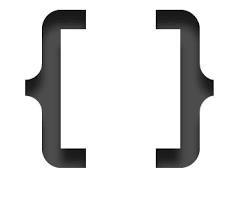implication
英 [ˌɪm.plɪˈkeɪ.ʃən]
美 [ˌɪm.pləˈkeɪ.ʃən]
- n. 含义;暗示;牵连,卷入;可能的结果,影响
使用频率:

记忆方法
1. im- "into, in, on, upon" + plic- + -ation.
2. => involve, entangle, connect closely.
2. => something implied (but not expressed).
2. => involve, entangle, connect closely.
2. => something implied (but not expressed).
中文词源
implication 牵连,牵涉
来自implicate,牵连,牵涉。
英语词源
- implication (n.)
- early 15c., "action of entangling," from Latin implicationem (nominative implicatio) "interweaving, entanglement," from past participle stem of implicare "involve, entangle, connect closely," from assimilated form of in- "into, in, on, upon" (see in- (2)) + plicare "to fold" (see ply (v.1)). Meaning "something implied (but not expressed)" is from 1550s.
权威例句
- 1. The implication that marital infidelity enhances a leader's credibility is preposterous.
- 婚姻不忠会提升领导人可信度的暗示荒谬之极。
- 2. The implication was plain, if left unstated.
- 其含意不言而喻。
- 3. The implication took a while to sink in.
- 其中的含意要花点时间才能完全领会。
- 4. He smiled, with the implication that he didn't believe me.
- 他微笑了, 暗示着不相信我.
- 5. He is by implication requesting me to resign.
- 他示意要我辞职.